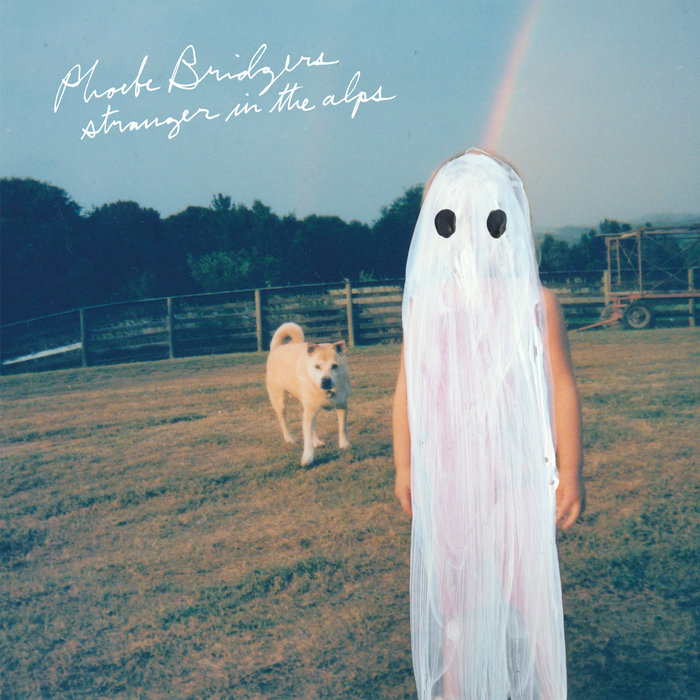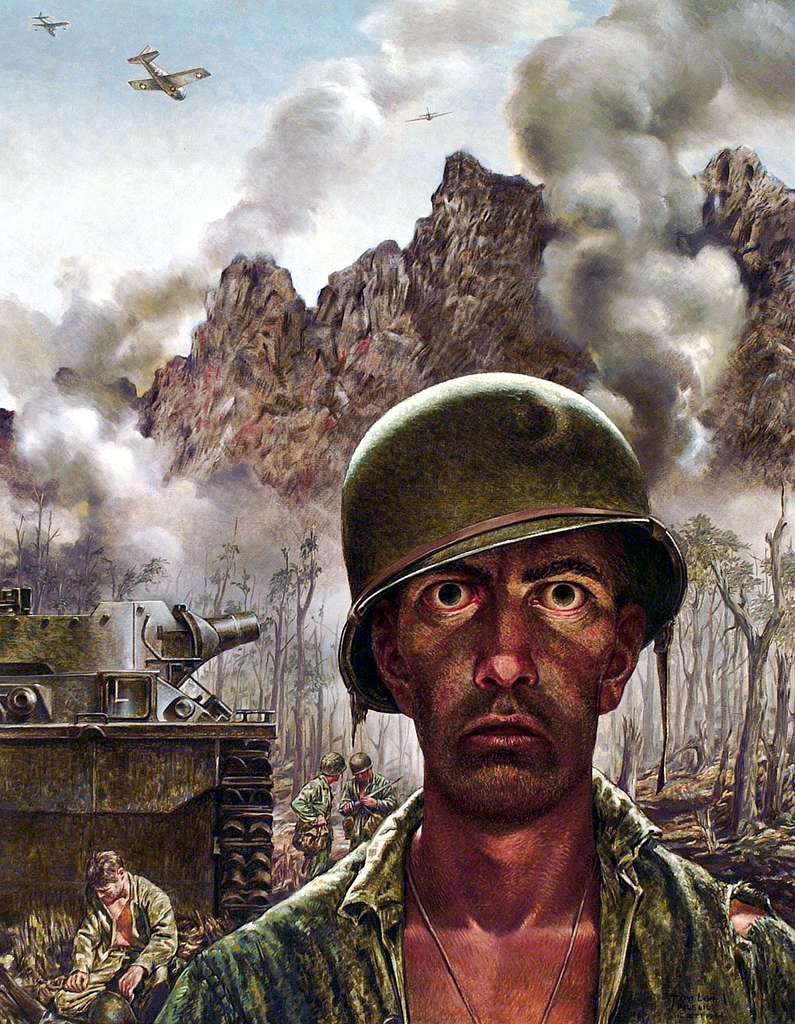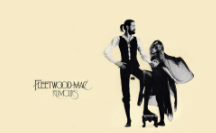The Background and Recording of the Album:
The Album Stranger in the Alps by Pheobe Bridgers was produced by Tony Berg and Ethan Gruska. Bridger recorded her album when she was in between tours over the year 2016 at Berg’s studio in Los Angeles. Bridgers came up with the album title as a reference to the edited-for-TV version of the film The Big Lebowski, which changed one of Walter Sobchak’s lines from, “Do you see what happens when you fuck a stranger in the ass?” to, “Do you see what happens when you find a stranger in the Alps.” Pheobe Bridgers liked this phrase because she found it to be, “kind of poetic on accident.” Phoebe Bridgers signed a recording contract with Dead Oceans in June of 2017. They then scheduled the album to be released in September.
Song 1
Smoke Signals:
The song Smoke Signals by Phoebe Bridgers is about the narrator remembering a special time spent with a person they care about. Despite the troubles they have had and the problems life throws at them, they have found a way to be together, even if it is only for a short amount of time. The “smoke signals” and “pelicans circling” of the chorus symbolize their connection, while the “burning trash out on the beach” signifies the hard work they put in to make their dreams come true and to make their relationship work. The narrator believes that despite the difficulties in their lives, they will continue to find solace in each other and will be able to make it through everything.
Song 2
Motion Sickness:
The song Motion Sickness by Pheobe Bridgers is about how she copes with a previous relationship that left her feeling emotionally drained. She expresses her frustration with her former partner for not understanding her feelings and not trying to help her heal. The narrator muses on how life has changed since their separation, she gave her former partner money to see a hypnotherapist while she has fallen on hard times. She reflects on her former partner’s lack of understanding, and how their experience together left her feeling emotionally motion sick. She expresses her desire to move on and escape the experience, with the chorus,
“I have emotional motion sickness,
Somebody roll the windows down,
There are no words in the English language
I could scream to drown you out”. Despite her struggles, she ultimately finds a way to accept the situation and make peace with the past, singing,
“And I want to know what would happen,
If I surrender to the sound,
Surrender to the sound.”
Song 3
Funeral:
The song Funeral by Pheobe Bridgers is a moving and melancholy song that explores themes of grief, loss, and existential crisis. The lyrics speak of the singer’s experience of performing at the funeral of a young person, which leaves her feeling sad and overwhelmed. She also talks about the dream she has where she is screaming underwater while her friends watch from the shore, which represents her feeling of being stuck in a state of despair while those around her seem to move on.
In the chorus, the singer laments her perpetual state of sadness, which she acknowledges is a part of her nature. The second verse talks about the singer’s coping mechanisms for dealing with her feelings, such as calling a friend to talk until they laugh away their troubles. However, the singer also acknowledges that she sometimes copes in unhealthy ways, such as blacking out in her car.
Overall, “Funeral” is a moving and introspective song about coming to terms with feelings of sadness, grief, and depression. The singer uses vivid imagery and personal anecdotes to convey the complex and often overwhelming nature of these emotional states.
Song 4
Demi Moore:
The song Demi Moore by Pheobe Bridgers is about longing for connection and seeking comfort in companionship after loneliness. The lyrics portray the narrator’s longing for a connection that is ultimately unfulfilled. The chorus reflects the narrator’s desire not to be alone or “stoned”, while the bridge suggests that they are ultimately finding solace in the brief connections they make with the people in their lives. The song ultimately speaks to the human desire for connection and how it can lead to comfort in times of loneliness and isolation.
Song 5
Scott Street:
The song Scott Street by Pheobe Bridgers is a song that takes an introspective and thoughtful track describing feelings of loneliness and alienation. The lyrics illustrate someone navigating the world alone; a “stranger” on Scott Street, with an open heart and an open container. The song discusses how they cope with loneliness,
“Spending money, and I earned it,
When I’m lonely, that’s when I’ll burn it.” Bridgers also introduces a chorus directly relating to the feeling of being a stranger or looked down upon, “Do you feel ashamed when you hear my name?” Through this chorus, she implies her own feeling of shame and relatability to listeners who are also outsiders. At the end of the song, she admits her fragility and pleads to not be forgotten,
“Anyway, don’t be a stranger,
Don’t be a stranger.” The song overall paints a picture of someone trying their best to exist in a situation in which they don’t feel fully accepted.
Song 6
Killer:
The song Killer by Pheobe Bridgers is written about the internal struggle of the narrator who believes they have a “killer” inside of them. The lyrics refer to Jeffrey Dahmer, a serial killer, and the narrator’s fear that they could be capable of similar actions. The narrator’s uncertain mental state becomes evident throughout the song as they continuously question if the “killer” in them can tame the fire in their partner, who seems to be a source of comfort for them.
The chorus of the song highlights the narrator’s conflicting emotions towards their partner. They feel sick of the emotional burden of constantly chasing their partner’s love and attention, but they are still hungry for the thrill of passion and desire. The narrator is aware of their own flaws and how they might impact their relationship, they are consumed by their “killer” tendencies and the fear of being alone.
The second verse sees the narrator contemplating their potential death and the idea that their partner will be by their side when it happens. The lyrics also allude to the fact that the narrator has burned all their playlists, perhaps indicating that they have turned away from things that bring them joy, such as music, due to their emotional turmoil.
Overall, killer by Phoebe Bridgers is a hauntingly beautiful song that explores the complex emotions of a person grappling with their inner demons and their desire for love and connection despite all their fears and insecurities. The song’s lyrics paint a vivid picture of the narrator’s internal struggle and their attempts at reconciling their troubling thoughts with their need for intimacy.
Song 7
Georgia:
The song Georgia by Pheobe Bridgers seems to be about the narrator’s love for someone from the state of Georgia. The narrator is in love with this person’s son and describes him as having “beautiful bones” and as never lying or picking up his phone. The narrator dreams that this son drowns, and they contemplate the idea of being with the son and loving him even if it could lead to their downfall. Ultimately, it appears to be a song of longing and admiration for someone else’s child and a reflection on the consequences of allowing yourself to love another that may not be yours.
Song 8
Chelsea:
The song Chelsea by Pheobe Bridgers is a moving portrayal of a dysfunctional relationship tainted by addiction and illness. The narrator addresses their partner, who seems to struggle with addiction and mental health issues. She notes that though their partner’s struggles are evident, they’re adept at masking them in public. The line, “For a chemical imbalance, you sure know how to ride a train” suggests that this person is also familiar with substance abuse.
The reference to the Chelsea Hotel, a renowned New York location known for housing musicians and artists, adds to the theme of faded glory and the destructive nature of fame. The bridge of the song suggests that this couple is staying there, but there is something bitter and resentful about the way it is mentioned.
The chorus,
“And you spit the blood back, spit the blood back, baby,
I’m amazed that you’re alright,
Oh, so long prison boy,
I won’t be home with you tonight,” alludes to the partner’s self-destructive behavior and the narrator’s struggle to cope with it. The prison boy may represent the partner’s confinement within their addiction, and the narrator’s need to separate herself from it.
Overall, Chelsea is a melancholic but beautiful depiction of a relationship that has been corroded by addiction and mental illness. The song speaks to the need for self-preservation and the impossibility of saving someone who does not want to be saved.
Song 8
Would You Rather:
The song Would You Rather by Pheobe Bridgers is a song that explores the complex dynamics of a relationship, potentially a family member, who shares a dark history with the narrator. The song opens with the imagery of playing a game of, “Would You Rather,” which sets the tone for the rest of the song, a reflection on past choices and regret.
The first verse gives some insight into the turbulence of the relationship, which is characterized by destructive tendencies. The mention of fire and drowning can be seen as representations of two extremes, longing for oblivion, where both seem to have been in agreement to end their lives together. They have both been through some traumatic experience, possibly together, which is hinted at by the mention of an ambulance and a cop. The ambulance and cop can be tied together to signify an attempted suicide or a destructive act that led to emergency responders getting involved.
The chorus speaks to how they were once in a “suicide pact,” and by some miracle, they managed to find their way out. Phoebe Bridgers and Conor Oberst are both on opposite ends, like a can on a string. However, it is unclear what the, “suicide pact,” entails and if it refers to a pact with each other or their broader family and friends. Regardless, the pact is suggestive of a shared trauma that has affected everyone involved.
In the second verse, a similar theme as the first verse is continued, with Bridgers describing the narrator’s struggle with a bad dream. The fact that they share the same face alludes to them being related, potentially siblings. The line, “He’s half the man and you’re twice as tall,” is enigmatic, but it could potentially be interpreted as a power dynamic in their relationship.
The bridge focuses on the future, expressing optimism for the next meeting. The narrator hopes to learn “a hundred different ways to say the same things,” which could be interpreted as an attempt to communicate more effectively.
In conclusion, “Would You Rather” delves into the complexities of a troubled relationship. It is about two people trying to navigate their shared trauma and ultimately finding a way out together. The song’s strength lies in its ability to convey such heavy topics in a subtle yet poignant way, with Bridgers and Oberst’s gentle harmonies adding to its emotional power.
Song 9
You Missed My Heart:
The song You Missed My Heart by Pheobe Bridgers tells a story that is pretty dark and explores themes of revenge, loss, and regret. The protagonist of the song breaks into his ex-girlfriend’s house and sees her with another man. He confronts the man and asks him to leave, but when he refuses, the protagonist stabs and kills him. As he looks out the window, he listens to his ex-girlfriend scream and cry, feeling relief that he no longer has to deal with the pain of their breakup.
In the second verse, the protagonist reflects on the things he misses about his ex-girlfriend, such as going to the movies with her and the way she kissed him. He chases her up the stairs and pins her to the ground, but she tells him that he, “missed her heart.”
As the song progresses, the protagonist is pursued by the police and eventually ends up in prison. As he’s dying, he experiences a poetic dream of a childhood memory of fishing with his friends. The repeated phrase, “Downriver from the Moundsville Prison graveyard,” creates a haunting image of a life that has been destroyed.
Overall, “You Missed My Heart” is a chilling and darkly introspective song that explores the aftermath of a violent act. The protagonist is consumed by his own pain and anger and ultimately pays a heavy price for his destructive actions.








































































































































